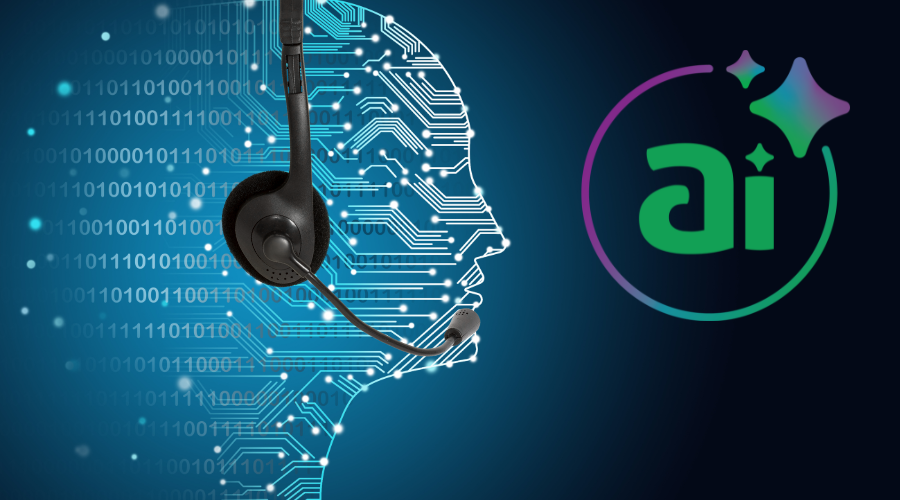The use of secure messaging apps and integrated personal devices have become even more important in our increasingly remote, work-from-home world. Both medical and non-medical employers transitioned some positions to work remotely in a relatively short time frame. Naturally, this immediately changed the way employees communicate both internally and externally. So what does this mean for security protocol and the protection of a patient’s confidential information?
First, it’s important to note that moving into a post-pandemic world does not mean companies will completely revert back to in-office work. Big tech companies like Twitter, Square, and Facebook have all announced indefinite plans to work from home even after offices reopen and regulations have lifted. This movement has trickled down to organizations of all sizes. As a Gartner CFO survey shows, 74% of employers plan to shift employees to remote work permanently, even after the COVID-19 pandemic has subsided. It’s anticipated that 36.2 million Americans will be working remotely by 2025, which is an increase of almost 17 million people since before the pandemic began. Some of those employees include medical staff who will be using telehealth technology to care for patients; and care team staff who work from one hospital location to help their patient in another facility.
So, with working remote officially here to stay, how does this impact the need for secure messaging integrating with personal devices while keeping electronic patient health information safe?
Cybersecurity has been a concern for many industries since the start of cyber-threats, especially in healthcare, but it’s important to note that healthcare providers and nurses have been communicating on personal devices since before the pandemic. For example, in a 2017 study by the National Center for Biotechnology Information, just 6% of respondents reported never using their personal devices at work with 28% of respondents saying that using their personal devices was beneficial to patient care.
This trend has only increased over time. One study published at the beginning of January 2021 reported that 1.3% of medical students, 90.6% of nurses, 95.5% of residents and 90.0% of attending physicians used their own mobile devices for purposes related to clinical care. This study concluded that there was an “overwhelming positive attitude” towards mobile device use for patient care coordination.
With such a clear trend towards using mobile and personal devices in an increasingly remote world, steps need to be taken in order to protect confidential patient information.
Enter Amtelco Secure Messages. In addition to being secure and HIPAA-compliant, the app does not have the character limits of SMS text messaging, and can transmit texts, images, videos, audio files, and other materials as message attachments.
There are many secure messaging apps on the market. One of the things that sets Amtelco Secure Messages apart from other apps is customer service. Our in-house customer support team is available 24/7/365. The employees of the department have an average tenure of 17 years with the company.




